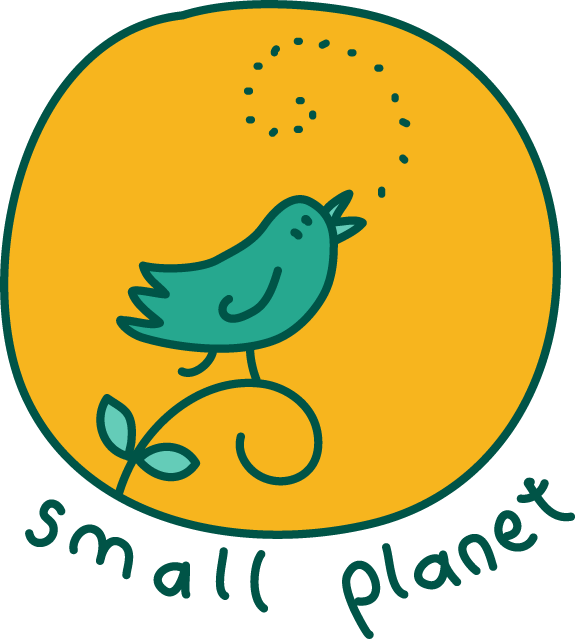
Permaculture Educators' Course 12th - 19th October 2016
During eight interactive and information-filled days, Small Planet will be offering a course to enhance your skills in teaching permaculture and to add new
information to your curriculum.
Permaculture offers key solutions to the environmental, economic and social challenges facing human occupation of the planet.
The course is suitable for anyone teaching, or interested
in teaching permaculture or other related topics
Please note that this course is a teacher-training.
Participants are expected to have practical and theoretical permaculture
experience, to have completed the 72 hour Permaculture Design Course,
and to have a reasonable level of English.
To apply for this course, please go to the ‘Applications and Program‘ page.
Costs and deadlines
PEC 2016 will be held at the alternative, mortgage-free community ‘Friland’, Feldballe, 35kms from Aarhus, Denmark.
The PEC is a fully residential course, all meals and accommodation are included in the course fee.
There are no hostels or hotels in the small village of Feldballe.
Accommodation will be in the guest rooms of local families. Organic vegetarian food will be provided. Allergies and special diets may be catered for.
The minimum course fee for eight days of tuition, eight nights
accommodation and all meals is 700 Euro. If you are a high income earner, are participating through a successful business, or are
receiving funding for this course, your course fee will be higher. Please contact us for details.
Please click on the following links for more information:
Course objectives:
To present tools, ideas and methodologies to boost your teaching and curriculum design
To bring together European Permaculture educators to exchange ideas about teaching methods and content
To help educators to teach creatively and confidently
To provide the opportunity for educators to create their own support and communication network within Europe, as well as linking in to existing networks
The program will include:
How to present using a variety of teaching methods
Using icebreakers and energizers to keep interest
‘Mini-teaches’ to gain first-hand experience with peer-review
‘Open space’, games and small group discussions
Tours and practical sessions
Time for exchanging knowledge, experience and networking
Participant presentations
Course learning outcomes:
Course and session design
Creative teaching tools and techniques
Course logistics
